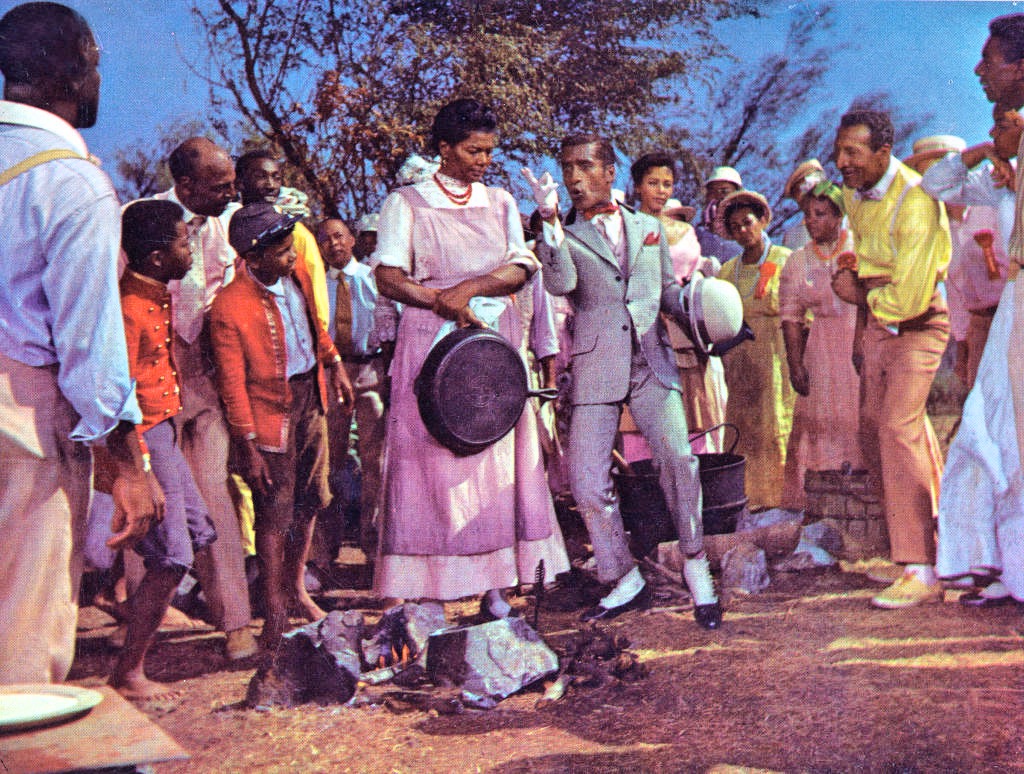
- Golden Globe Awards
1960: “Porgy and Bess” Leaves a Mark

On March 8, 1960, when Porgy and Bess won the Golden Globe for Best Musical, America was still more than four years away from the end of a horrible social ill known as “separate but equal.”
At the time, a Supreme Court decision of 1896, Plessy v. Ferguson, allowed state-sponsored racial segregation in schools and public accommodations. It took almost seven decades until the Civil Rights Act of 1964 outlawed discrimination based on race, color, religion, sex, and national origin.
Considering the charged, race-related climate in the country at the time, it was a sensation and a triumph that a film with an all-Black cast won the highest accolade awarded by the Hollywood Foreign Press Association.
In 1935, composer George Gershwin transformed the 1925 novel “Porgy” by DuBose Heyward, as well as its subsequent stage adaptation, into an opera. With his immigrant sensibilities, director Otto Preminger was considered the perfect powerhouse to bring the play to the silver screen. André Previn helped to integrate the jazzy orchestration into dramatic form.
The film is set in the early 1900s. Before viewers are introduced to the dirt-poor residents of the Charleston, South Carolina, tenement of Catfish Row, we see a mother comforting her baby: “Summertime and the living is easy,” she sings, the opening lyrics to one of the most beloved and most recorded songs in musical history.
But living is decidedly not easy in this story: The song “I Got Plenty O’ Nuttin’” sets the tone early on. Porgy (Sidney Poitier, nominated for Best Actor Musical or Comedy) is a disabled man who moves around on his knees or in a wooden box cart. Bess (Dorothy Dandridge, nominated for Best Actress Musical or Comedy) is involved with a brutal thug, Crown (Brock Peters). When he murders a man, Bess seeks shelter with Porgy, who falls in love with her. When he sings the song “Bess, You Is My Woman Now,” we know there is more hope in those touching notes than reality.
One highlight of the film is Sammy Davis Jr. as the tricky drug dealer Sportin’ Life. He contradicts a Bible-quoting preacher with his facetious “It Ain’t Necessarily So,” and when he slides and hooves into his contagious dance moves, it becomes very obvious where Michael Jackson found some inspiration for his own greatness.
The movie’s stage-like settings might now look somewhat outdated to contemporary audiences. But the performances and the songs from Porgy and Bess remain timeless.